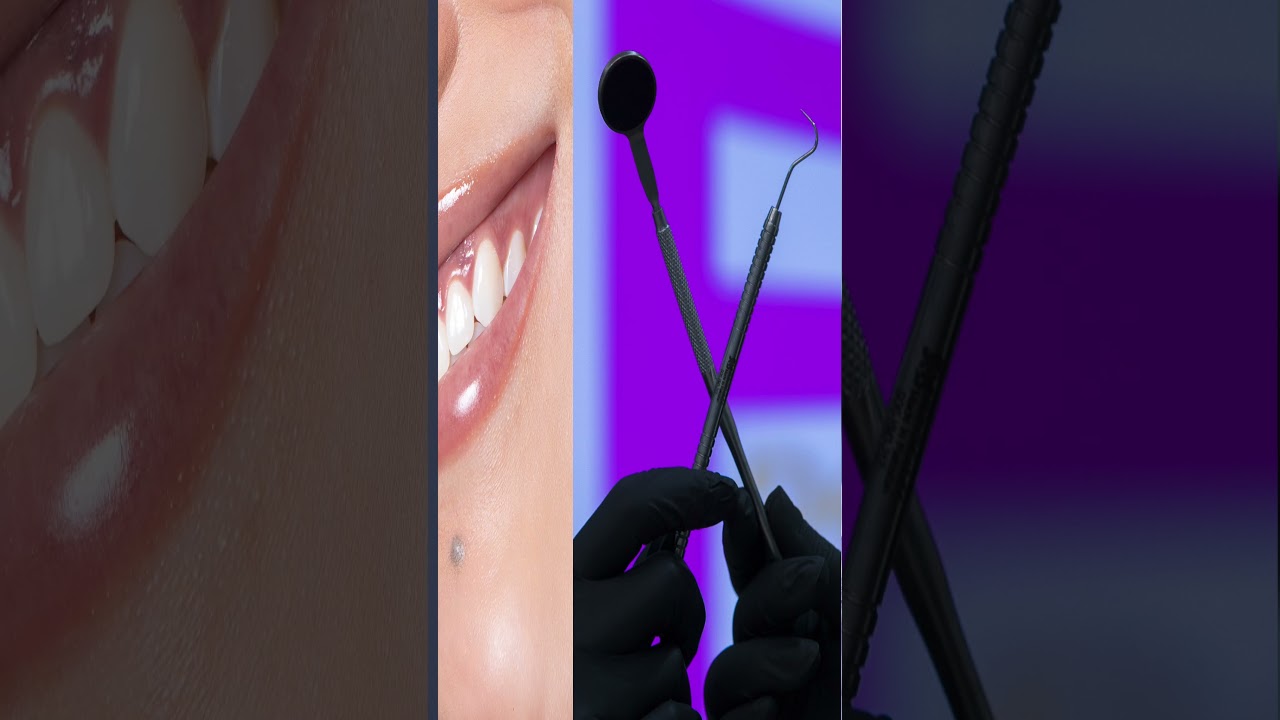Maintaining good oral health is essential for both overall well-being and self-confidence, general guidance for dental care has evolved, thanks to advanced research, technology, and a better understanding of oral health. Today, taking care of your teeth is not just about brushing and flossing—it’s about understanding the importance of preventive care, regular checkups, and using the right products to ensure long-term oral health.
Good dental care isn’t just about aesthetics—while having a beautiful smile is a significant benefit, maintaining your teeth and gums in optimal condition has a profound effect on your overall health. Studies have shown that poor oral health can contribute to various systemic health issues, such as heart disease and diabetes. That’s why general guidance for dental care is crucial to avoid these risks and maintain a healthy, confident smile for years to come read more.
Daily Habits That Enhance Your Oral Health
When we think about general guidance for dental care, one of the first things that come to mind is developing good habits. Oral hygiene practices, such as brushing, flossing, and using mouthwash, are essential. However, it’s important to know that the quality of your dental hygiene routine makes a significant difference, not just the frequency.
Brushing Your Teeth Properly
Brushing is the foundation of any good dental care routine. For effective cleaning, it’s important to brush your teeth for at least two minutes, twice a day. Make sure to use fluoride toothpaste and a soft-bristled toothbrush, which are gentle on your gums but effective in removing plaque.
Proper brushing involves brushing all surfaces of your teeth—outer, inner, and chewing surfaces. Don’t forget your tongue, as it harbors bacteria that contribute to bad breath and plaque buildup. Make sure to replace your toothbrush or brush head every 3-4 months to maintain optimal cleaning.
Flossing for a Deeper Clean
Brushing alone can’t reach between your teeth, where plaque can build up and cause cavities or gum disease. Flossing once a day removes plaque and food particles from areas your toothbrush can’t reach. There are various types of floss available, from traditional string floss to floss picks and water flossers—find the option that works best for you.
Mouthwash for Freshness and Protection
Mouthwash is an effective addition to your daily routine. It not only freshens your breath but can also help reduce plaque and bacteria, protecting against cavities and gum disease. Choose an alcohol-free mouthwash with fluoride to strengthen your enamel and protect your teeth from decay.

Regular Checkups: The Importance of Professional Dental Care
While daily oral hygiene habits are crucial, nothing replaces the importance of regular visits to the dentist. Even with the best home care, it’s still possible for dental problems to go unnoticed. That’s why general guidance for dental care includes professional checkups every six months.
Early Detection of Issues
Regular dental checkups allow your dentist to identify potential problems, such as cavities, gum disease, or oral cancer, at an early stage. The earlier these issues are detected, the easier and more affordable it is to treat them. Your dentist will also perform professional cleaning to remove plaque and tartar buildup, which your toothbrush can’t remove.
Custom Advice for Your Needs
Every individual has unique dental needs, whether due to age, diet, lifestyle, or specific dental concerns. Regular dental visits give your dentist the opportunity to provide personalized advice based on your oral health, including recommendations for products or treatments that suit your specific needs.
Diet and Its Impact on Your Teeth
A healthy diet plays a huge role in maintaining good oral health. Foods rich in vitamins, minerals, and antioxidants—like fruits, vegetables, and dairy—help strengthen teeth and gums. On the other hand, foods high in sugar or acidic beverages can damage your enamel and lead to cavities.
Choose Teeth-Friendly Foods
To support your oral health, try incorporating foods like cheese, yogurt, leafy greens, and almonds into your diet. These foods are rich in calcium, which is essential for strong teeth, and they can help neutralize acids in your mouth that lead to tooth decay.
Avoid excessive sugary snacks and sodas, as sugar feeds the bacteria in your mouth that cause cavities. If you consume sugary foods or drinks, it’s a good idea to rinse your mouth with water afterward to help wash away the sugar.

The Role of Preventive Treatments in Dental Care
In addition to daily hygiene and regular checkups, preventive treatments can help protect your teeth from damage and disease. Today’s general guidance for dental care encourages a proactive approach to oral health.
Dental Sealants
Dental sealants are a protective coating applied to the chewing surfaces of your back teeth (molars). These sealants act as a barrier to prevent cavities, especially in children and teenagers, who are more prone to cavities in hard-to-reach areas.
Fluoride Treatments
Fluoride helps to strengthen tooth enamel, making it more resistant to decay. Many dentists offer fluoride treatments during checkups, especially for children and those with weakened enamel. Using fluoride toothpaste and mouthwash at home also helps to maintain enamel strength between visits.
Mouthguards for Protection
For those who play sports or grind their teeth at night, wearing a mouthguard can prevent damage to your teeth. Custom mouthguards provide a perfect fit, offering protection against injuries and preventing wear from teeth grinding.
Managing Stress for Better Oral Health
Stress can have a significant impact on your oral health. From teeth grinding (bruxism) to gum disease, stress affects more than just your mental well-being. Therefore, general guidance for dental care in 2025 includes advice on managing stress and its oral health impacts.
If you notice signs of teeth grinding or jaw clenching, particularly at night, talk to your dentist. A nightguard can prevent tooth damage and ease the pressure on your jaw, leading to a more relaxed and comfortable smile.
Final Thoughts: Protect Your Smile for a Lifetime
General guidance for dental care revolves around a combination of proper home care, regular professional checkups, a healthy diet, and preventive treatments. By adopting a holistic approach to your oral health, you can ensure that your smile stays healthy, beautiful, and strong for many years to come.
If you have any concerns or questions about your oral health, don’t hesitate to reach out to your dentist. They are your best resource for maintaining a healthy smile read more.

